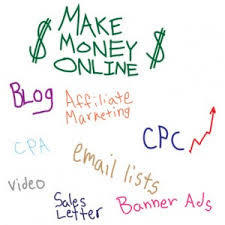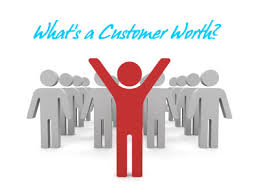What does an emotional story have to do with the rational word of business? Answer: behaviour.
To sell our products and services we need to impact behaviour, right? But most of our so-called rational decisions (behaviour) are actually driven by our emotions. By telling a story we communicate with our customers in a way that captures people’s imagination, connects with them at a deeply emotional level and is persuasive.
The vast majority of marketing is mundane, forgettable and totally unpersuasive. However, when an advert catches our imagination and seems to speak to us personally we are intrigued and want to get closer and learn more.
Mostly it is not the product that interests us but the message or story. For example Nike isn’t just selling sportswear it is selling a story of hard work, sweat and doing our best, no matter who we are – Just Do It!
Features and descriptions don’t sell a product or service, benefits do.
Describe those benefits in the form of a story and your customers will be persuaded by the deeper, emotional benefits of your products and services.
Take my Pilates classes for example. I can tell people that Pilates will make them more flexible. Yes, this is a benefit but most people won’t engage with this on an emotional level, it won’t mean much to them. So I prefer to tell the story of one of my more elderly clients, Peter, who came rushing up to me one morning so excited because he had managed to reach down and tie his own shoelaces, something his wife had been having to do for him for the last 5 years. It is easy to get a feeling of what this meant to Peter on an emotional level.
That’s why testimonials are so persuasive, because they tell stories.
More and more research is being done today on the brain and emotions.
People can’t make decisions without emotions being involved and stories ignite emotions in all of us. If we can use those stories to connect on a personal level with our customers they are more likely to be persuaded to engage, support, listen and buy from us.
In a previous article I explained why insufficient marketing is one of the reasons a business fails in their first year. Products and services don’t sell themselves. But exactly how much should you budget for marketing?
I would prefer to start by asking a different question:
What return on investment (ROI) are you getting from your marketing?

If you spend £100 and get a return of £120 then your marketing is working, so do more of whatever it is you are doing! I would even go so far as to say just breaking even is sometimes sufficient because most marketing activity snowballs over time – the well recognised drip, drip effect.
But to answer the ROI question you have to know the numbers – right?
You need to decide the exact purpose of the marketing, what to measure e.g. monthly revenue, new customers, appointments and how to measure it.
It may be as simple as comparing revenue before and after the marketing (cause and effect). You can substitute revenue for other specific factors such as numbers of customers through the door or average customer spend.
These numbers will begin to build a picture for your business; which marketing strategies are yielding the best results and which to stop doing.
If you knew that a well written email was three times more effective than posting flyers which would you do?
Where possible you need to know which customers are attracted to which marketing strategy. To do this – find out from your customers where exactly they heard about your business/the product or service.
The second question is:
How much is a customer worth to you in the long run?
Let’s say a customer spends £200 a year in your business. In 5 years time that customer’s lifetime worth is £1000. How much are you willing to pay now to acquire that customer in the first place? These sorts of figures are also a useful reminder of how important it is to look after the customers you already have!
One more thing to consider is the problem may not be where you are marketing but what you are saying! Your advert may be seen by hundreds of potential customers but they are not taking action on your message. If you want to get a reaction from someone then you need to tap into their emotions. Find out how in Why We All Love a Good Story.




